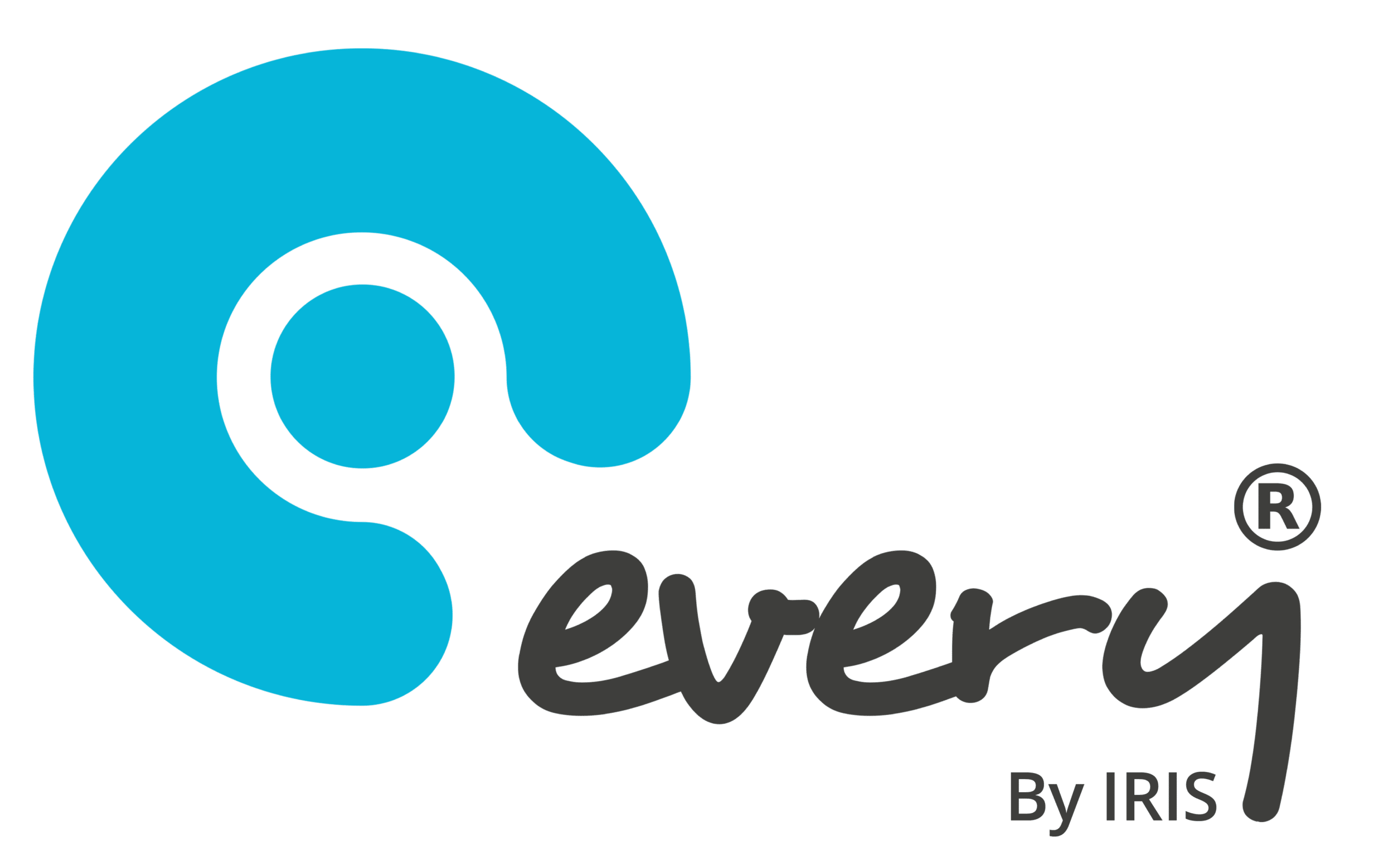Lots of interesting meetings this week and the same word keeps cropping up: technosaurs. That’s the word we’ve coined to describe those people living in the prehistoric age of pen and paper, purchase ledger books (yes, they are still used in lots of schools!) and contracts stashed in a pile in a filing cabinet, hard to find and difficult to decipher beneath the coffee stains.
We all have a streak of the technosaur in us. As long as we can (eventually) make our documents look like we want them to in Word, can we be bothered to learn a quicker a way? Evolution takes time so we opt out, get left behind and, well, we all know what happened to the dinosaurs.
But we need to apply the principle of investment. An hour spent learning to get the most out of whatever software we’re using, will pay us back within a week. It’s a scary thought how many hours we spend in a year just ‘trying to get this spreadsheet to do what I want’ or ‘trying to get these bullet points in Word better spaced out’. It’s even more annoying when you’re the most savvy one in the office and half your day is spent showing someone else how to create a table or blind copy an email (yes, this happens in our office too!)
Of course pretty quickly, the technology we were so scared of, we can’t live without. Be it your mobile phone, your Satnav or your iPod, we all have things we simply couldn’t give up. That’s because once you’re over the pain barrier of learning what technology can do for you, you’re free to enjoy the benefits.
One SBM we spoke to this week told us how her site manager had been converted to the world of computers through Every. Ours was the very first software he had used (one in the eye there, Microsoft!) He didn’t want to try it, but he caught the bug when he saw how it made his life easier. What more proof do you need? Good technology works for you.
As the role of the SBM grows ever more challenging and varied, with the huge additional financial management workload created by Academy conversion, it’s clear the old ways simply won’t work. Schools can’t just use the old methods and hope to survive in the brave new world we are entering.
| Thank you for Signing Up |




